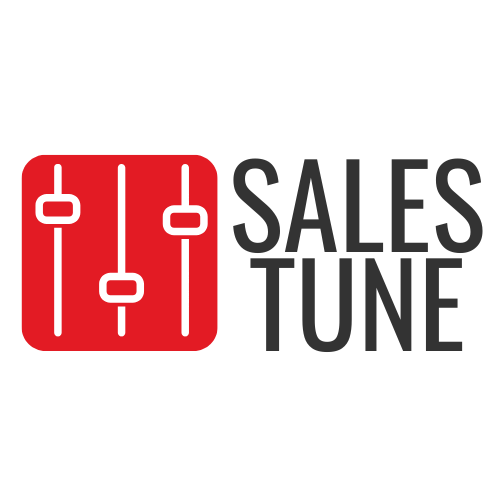
When your sales partner doesn’t care, the competitor wins the game
In the world of sales, trust is everything. But here’s the real question: when a customer makes a purchase, do they trust you (the brand) or do they trust the person recommending your product?
This distinction becomes especially important when we explore the two primary sales channels: direct sales and partner (indirect) sales. Understanding the difference and the power of influence behind each is key to building long-term success.
Direct Sales vs. Partner Sales: What’s the Difference?
Direct sales happen when your company sells a product or service straight to the customer via your website, retail store, or sales team. You control the full customer journey, from brand messaging to post-sale support.
Partner sales, on the other hand, involve third-party sellers like distributors, retailers, agents, or resellers. They already have the customer relationships and often, the customer’s trust. Your brand is just one of many options they offer, which means their recommendation can make or break your sale.
Why Direct Sales matter?
Direct sales offer several advantages:
- Speed: Customers can buy immediately without third-party approval or process.
- Convenience: Especially appealing to digital-savvy buyers who prefer quick and independent decisions.
- Targeted appeal: Ideal for customers who know exactly what they want and have already made up their minds.
They’re also more expensive, less flexible, and slower to develop. Setting up a direct sales network means investing in locations, hiring and training people, conducting market research, and ongoing education. Every step takes time, money, and effort.
But here’s the catch: direct sales make up only half the story.
The Other half: Partner Sales drive reach and influence
Partner sales, whether through distributors, agents, or retail networks make up a massive portion of global sales. Why?
- They already have the customers.
- They’re embedded in local markets and know what works.
- Customers trust their advice, especially when deciding between similar offers.
And the best part? With partners, you already get the infrastructure—reach, presence, and local knowledge—right out of the box. Your main job is to educate them about your brand and make sure they’re equipped and motivated to represent it. Otherwise, they’ll promote someone else’s.
Educate. Motivate. Win.
Your partners need more than product brochures, they need to believe in your brand. When they truly understand what sets your offer apart, they become more than resellers, they become your brand advocates.
Educate partners regularly with up-to-date product knowledge and hands-on training
Motivate with rewards, recognition, and real-time feedback
Build relationships that go beyond transactions, creating long-term loyalty
When partners are well-informed and motivated, they feel confident, appreciated, and ready to represent your brand with authenticity.
Examples across industries
Let’s take a look at how this plays out in real life:
📱 Telecommunications
When customers walk into a street kiosk to buy prepaid packages, they often ask the salesperson for recommendations. A well-informed and motivated partner can steer them toward your brand but only if they know why it’s better than the competition.
🛡️ Insurance
Agents are the bridge between complex policies and confused customers. With proper training and commission structures, they’ll naturally promote the offers that are best for both the customer and themselves.
🏦 Banking
Whether it’s credit cards, loans, or savings accounts, banking agents are a crucial sales force. The more they trust and understand your offer, the more confidently they’ll promote it.
💊 Pharmaceuticals
Due to strict advertising regulations, pharmacists often play the role of advisor. Their product suggestions carry huge influence and the right brand education makes all the difference when they’re recommending supplements or over-the-counter products.
🚬 Tobacco
With heavy marketing restrictions, kiosks and small retailers become the front line for tobacco brands. The way products are recommended, positioned, and stocked often comes down to retailer preference and the relationships you’ve built with them.
🧴 Cosmetics & Beauty
Beauty consultants in retail stores or salons frequently guide consumers toward specific skincare or makeup brands. A trusted consultant’s word is often stronger than any online review.
🧰 Home Improvement & DIY
In hardware stores, sales reps are often asked: “What do you recommend?” Their answer will likely be the brand that trained them, rewarded them, or simply stayed top of mind.
In today’s competitive market, your product alone isn’t enough. Success depends on the people recommending it: your partners, agents, and retail staff. And while you can’t control every conversation, you can shape it.
With the right tools, knowledge, and motivation, your partners will choose to sell your brand and not your competitor’s.
That’s exactly what Sales Tune is built for.
- Ready to turn your partners into loyal brand advocates?
- Want to boost sales through education, engagement, and smart rewards?
Learn more about Sales Tune and discover how our partnership loyalty app can give your brand the edge where it matters most at the point of sale.
📩 Contact us today to get started.



